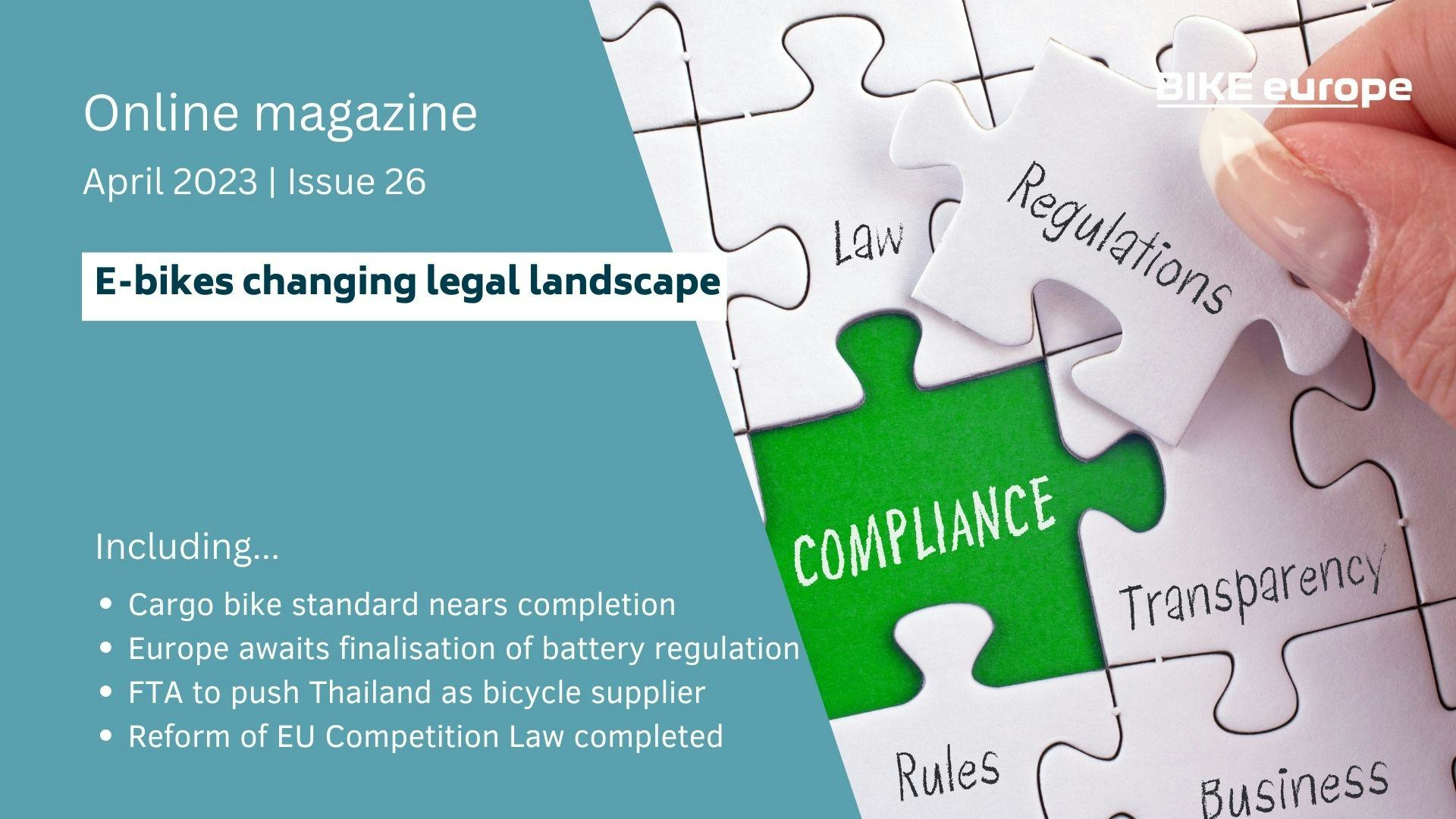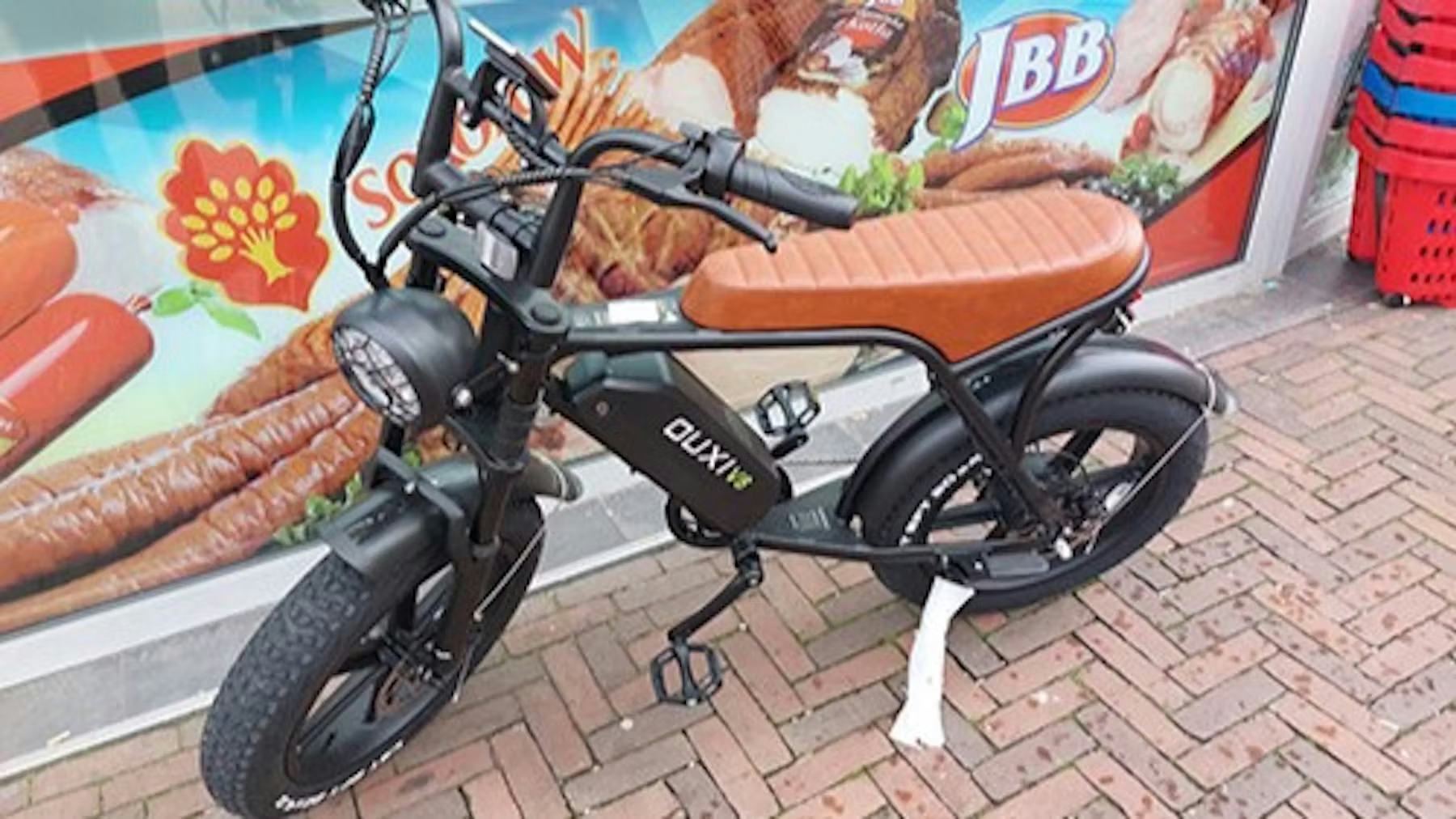Highlights in this latest online magazine (Issue 26 | April 2023) include:
- Cargo bike standard nears completion
- Europe awaits finalisation of battery regulation
- FTA to push Thailand as bicycle supplier
- Reform of EU Competition Law completed

As market shares for e-bikes across Europe grow, so does the need for the correct regulatory framework to help this booming business thrive. This online magazine looks at the legal changes being made and what is on the horizon, including the new battery regulation which is aimed at developing a competitive and sustainable battery industry in Europe. Also, as a last mile delivery opportunity and eco-friendly alternative to a car, the relevance of the cargo bike is growing. A new European standard for this category is needed to help standardise the legal patchwork that exists throughout Europe.
Highlights in this latest online magazine (Issue 26 | April 2023) include:


BRUSSELS, Belgium - Which battery cabinet provides sufficient protection when an e-bike battery catches fire? Many bicycle industry entrepreneurs are uncertain about the products available. The German VDMA 24994 standard is intended to help separate the good from the bad. According to Bart van de Broek of Dutch financial services provider Nationale-Nederlanden, it will soon be clear whether this standard will also apply across all of Europe.

AMSTERDAM, the Netherlands - Imports of fatbikes which do not comply with EN standards and road safety regulations has prompted the Dutch bicycle industry organization RAI Association to introduce a new e-bike quality mark. The use of illegal and tweaked fatbikes has caused a major increase in e-bike accidents and a lot of irritation amongst the Dutch public.

GENT, Belgium - Trade association LEVA-EU is inviting e-bike manufacturers and assemblers across Europe to participate in a newly launched survey. The survey is designed to gather insights on the impact of European anti-dumping duties on bicycle components imported from China, aiming to provide a clearer understanding of how these tariffs affect the industry's competitiveness, business operations, and market growth.

AMSTERDAM, The Netherlands - The Dutch Light Electric Vehicles (LEV) framework has been postponed once more, according to the RAI Association, the professional organization for (e-)bike manufacturers in the Netherlands. Initially set to take effect on January 1, 2025, the framework is now delayed until July 2025. Implementation of the new framework will have implications for amongst others, e-cargobike users in the country.